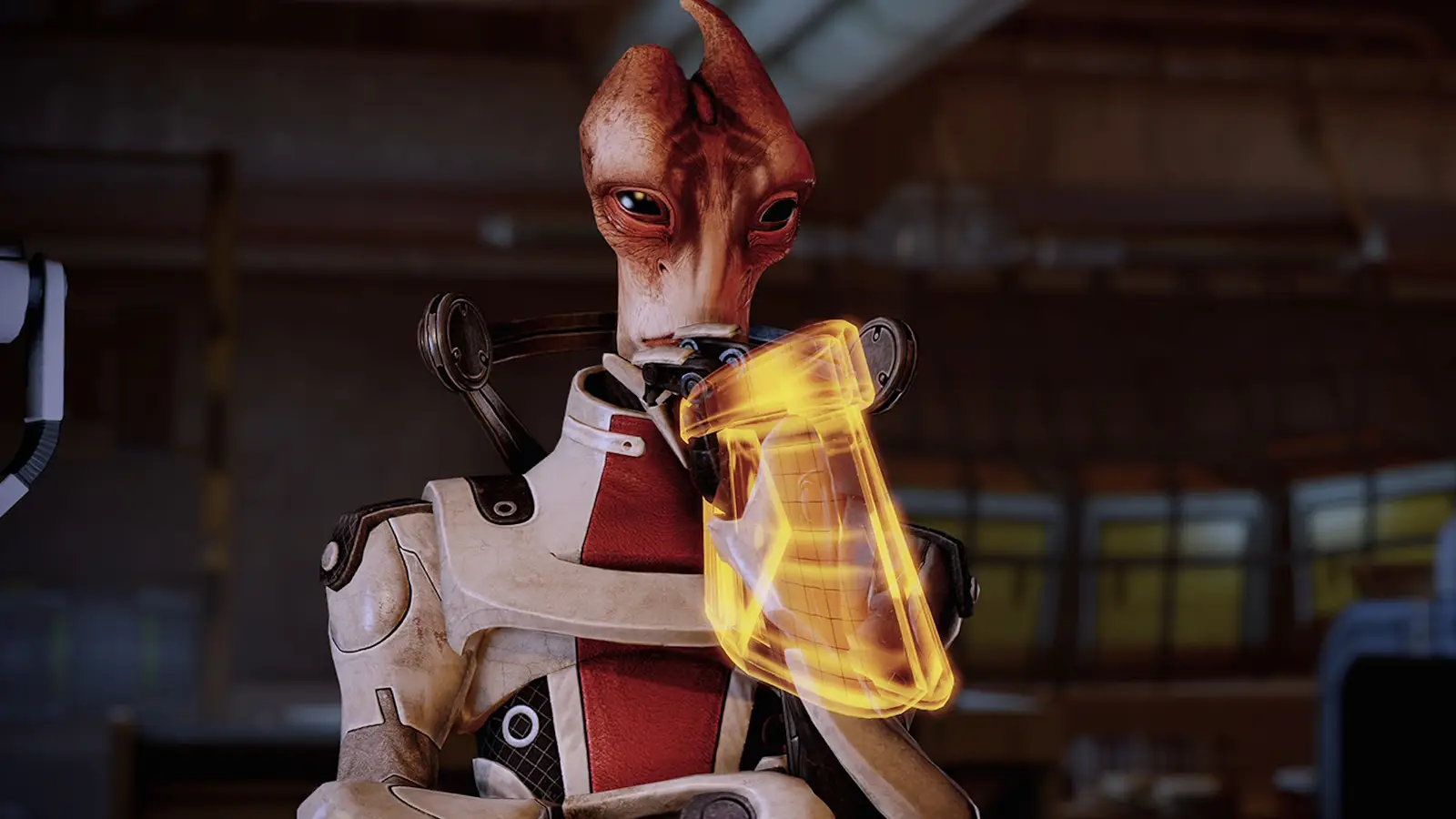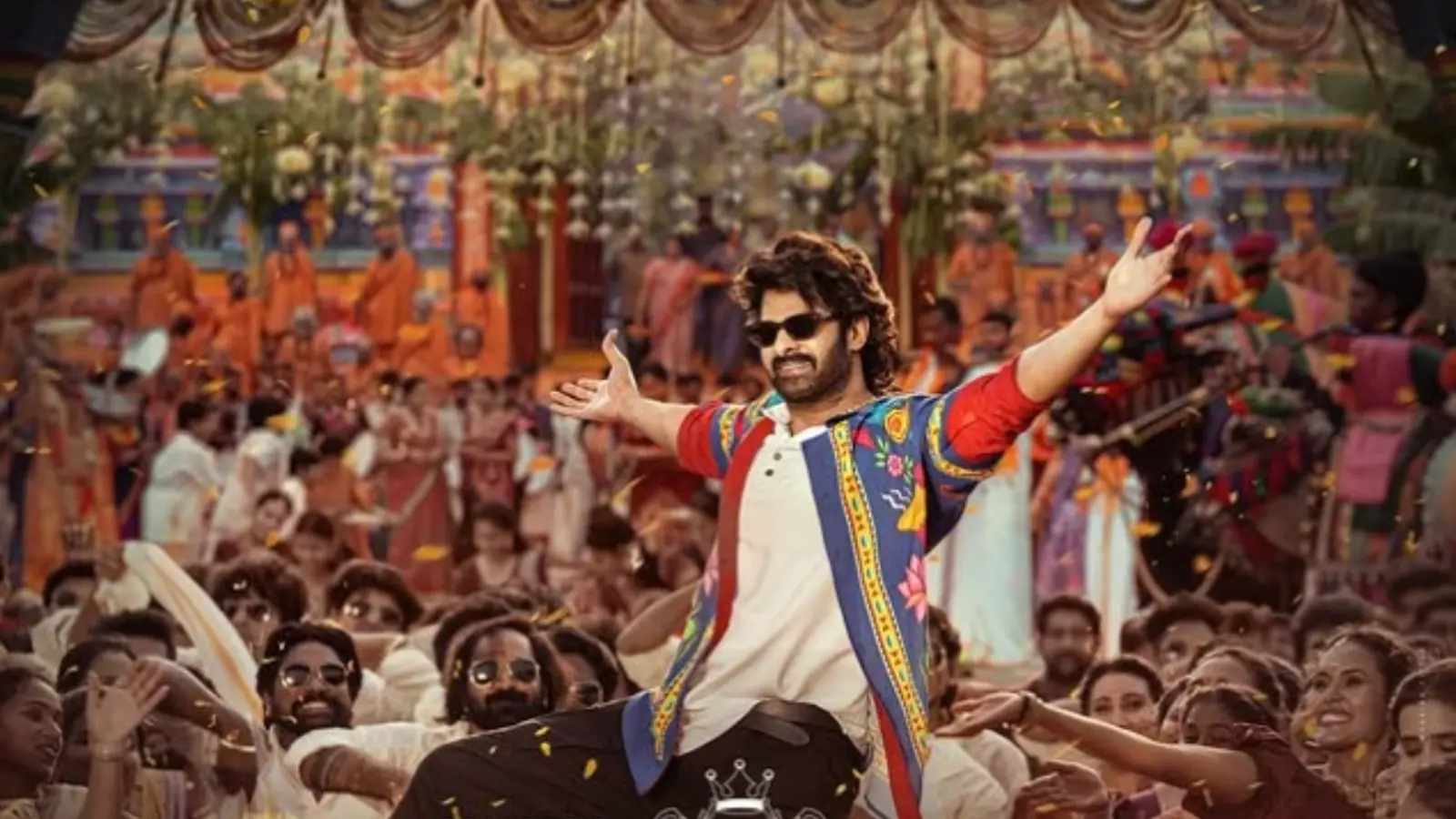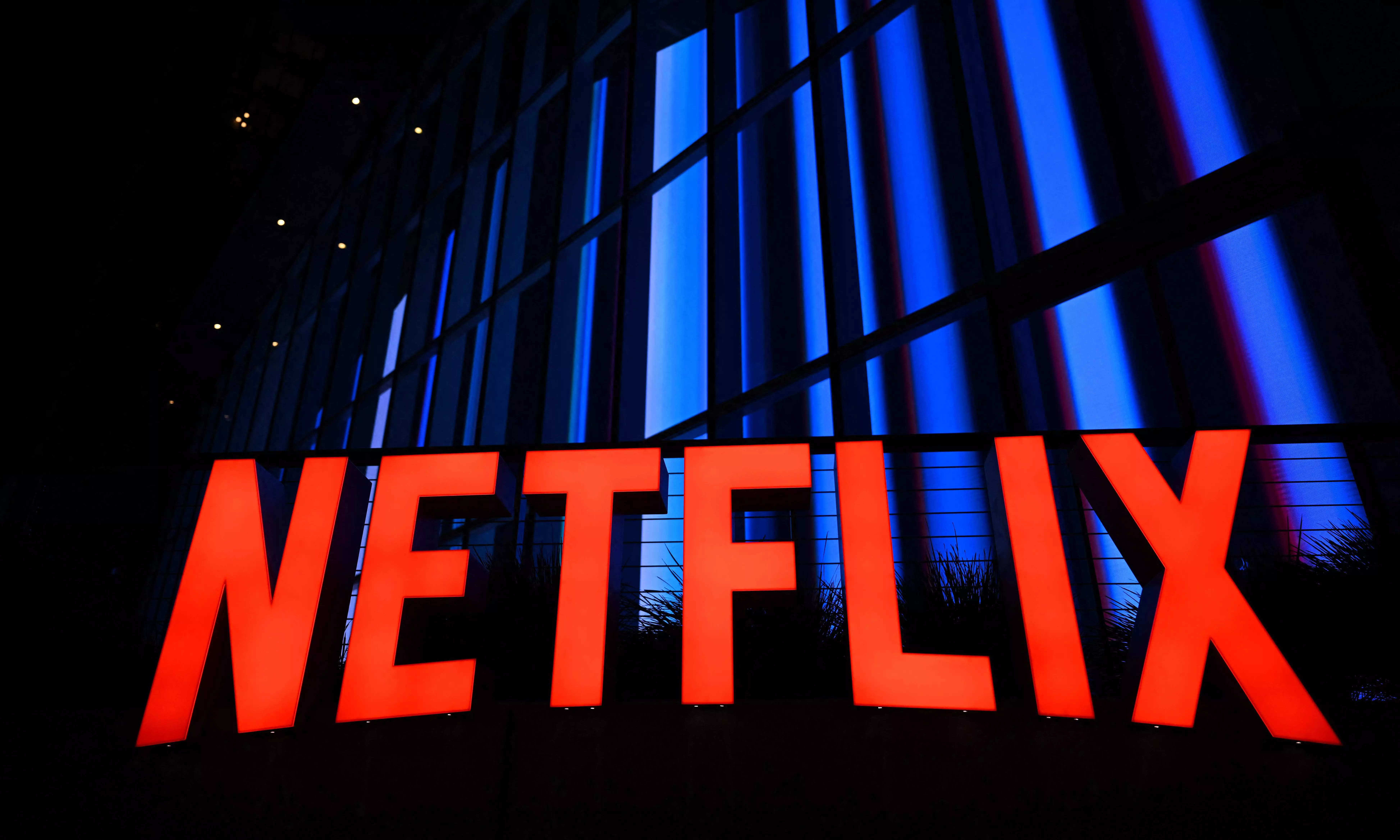Copyright Polygon

I'm a sucker for epic sagas and good sci-fi, and in the lead-up to this year's N7 Day, I realized we don't see that combination very often in video games anymore. Oh sure, we've got games inspired by Mass Effect in some way, for better (Baldur's Gate 3) and worse (please stop using binary morality systems). But most of those are deeply rooted in fantasy, and there hasn't been anything sci-fi with the scope and grandeur of Mass Effect since BioWare wrapped the trilogy in 2012. We asked an industry analyst and a veteran PR pro for some insights about why space operas have fallen out of fashion, and the answer is bigger than you might think. For clarity, we're defining a space opera as an epic story about intergalactic politics that encompasses multiple civilizations, so Starfield and The Outer Worlds are out. Think something like Lord of the Rings in space, Frank Herbert's Dune books, Star Wars, or, well, Mass Effect. Mat Piscatella, director of research at Circana, tells Polygon the reason why space operas aren't in vogue anymore is less of a genre issue than it is a representation of problems in the games industry more broadly. "You could probably extend the question to why aren't there as many big, story-based games at all anymore," Piscatella tells Polygon in an email exchange. "Helldivers 2, Warframe, and even Apex Legends are still quite popular. Borderlands 4 and Arc Raiders just had big launches, and those are sci-fi adjacent. Fortnite has had several Star Wars-themed events, and there's tons of spacey stuff in Roblox." Sci-fi still sells, in other words. And Stephanie Tinsley, owner of Tinsley PR, a public relations firm that's worked with small and mid-sized publishers for almost two decades, says it sells for much the same reasons as it ever has. "[Marketing] a sci-fi epic isn't any different than trying to get attention for any other game or genre in the current media or marketing landscape," Tinsley tells Polygon. "The things we've found work well are still the same as they were 20 years ago. You still need good ideas that are executed well and bring something unique to their genres — it's just noisier now with established titans across almost every genre." All new games struggle to find broad audiences, and even established franchises struggle to expand. The one crucial difference Tinsley sees now compared to when Mass Effect first launched is that projects have a higher chance of being greenlit and selling well if they're attached to "a team with a pedigree of success and a great publisher with a solid track record of bangers — especially if they can afford to let you cook so that the game ships in a polished state." In the 2010s, teams with the level of expertise to cook like that, including BioWare, were tasked instead with pursuing multiplayer or live-service games in a bid to expand audiences. Most of those efforts failed, and many studios were hit with mass layoffs as a result or saw senior staff leave. Some veteran developers had a second chance during the COVID-19 pandemic, when money was cheap and new game studios cropped up every month. Most of those have since shuttered. Piscatella says a recognizable franchise is even more important than the right team with the right vision. "Thinking back on my experience on the publishing side, decisions like [what genre of game to make] would be made based on if there was a particular IP the game was being designed around," he says. A cursory glance over the sci-fi entertainment scene of the last 15 years shows there isn't much fodder for game studios to craft an epic with. Movies like Interstellar and Ad Astra might be popular, but they're one-offs and rigidly focused on a single setting or conflict. Reliable successes with bigger universes like Alien are tailor-made for horror and don't lend themselves easily to complex sagas. Those that do, like Star Trek, typically get turned into smaller-scale games tailored to specific audiences, like the narrative-driven Star Trek: Resurgence or the free-to-play strategy game Star Trek: Timelines. Even recent Star Wars games aren't aiming as high as Mass Effect once did. Respawn's Star Wars: Jedi — Fallen Order was the studio's first attempt with the Star Wars license and EA's cautious testing of the single-player waters after loudly disavowing the format a few years prior. The series is restrained compared to something like Mass Effect, eschewing galaxy-wide political conflicts and large-scale worldbuilding in favor of intimate, personal stories. Maybe the reduced scale comes from a lingering lack of confidence in big-budget, single-player games, although with Quantic Dream's more expansive Star Wars Eclipse project nowhere in sight, maybe staying smaller and focused on niche audiences is the right call anyway. In that context, it's wholly unsurprising that the few single-player epics that are still getting made have nothing to do with Mass Effect-style sci-fi. The material just isn't there. Instead, we see scenarios like Larian earning its big break with a game tied to Dungeons and Dragons before returning to original ideas for its next project, while CD Projekt Red steps out from The Witcher's shadow by digging into the previously untapped (in video games, anyway) Cyberpunk 2020 IP. And it's also likely a factor in why Pathfinder and Rogue Trader maker Owlcat Games is pinning The Expanse: Osiris Reborn, its first action-RPG, to the popular, eponymous TV series. So no, they just don't make space operas like Mass Effect anymore. And it seems like they probably won't for a while, either.



